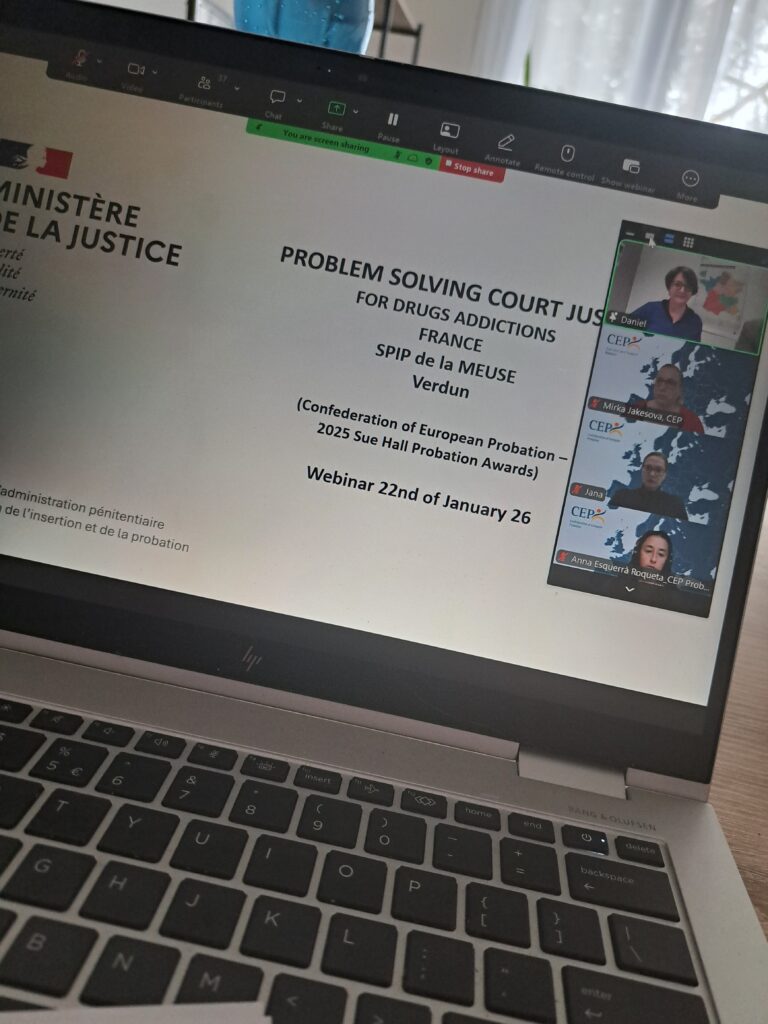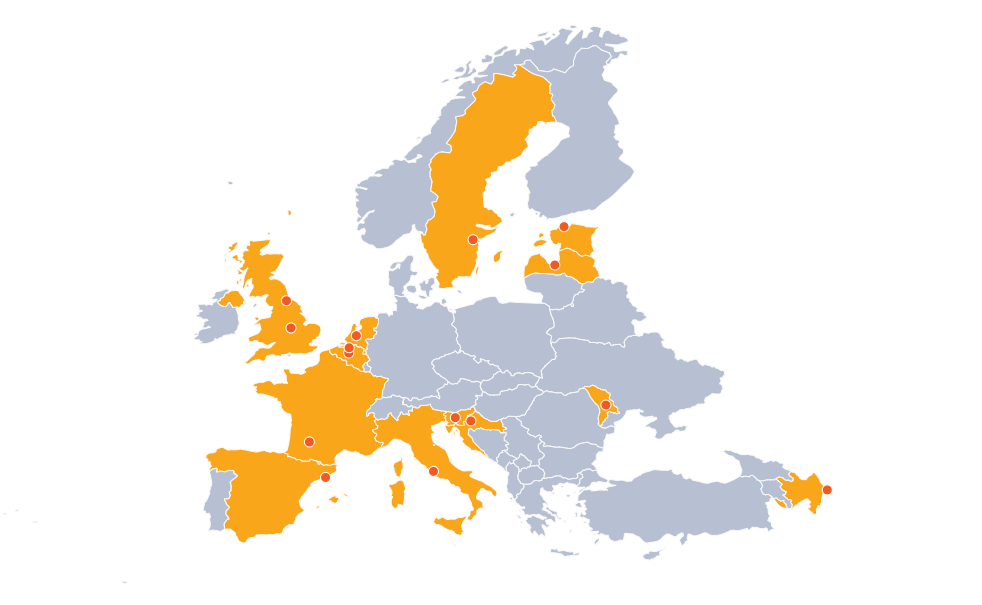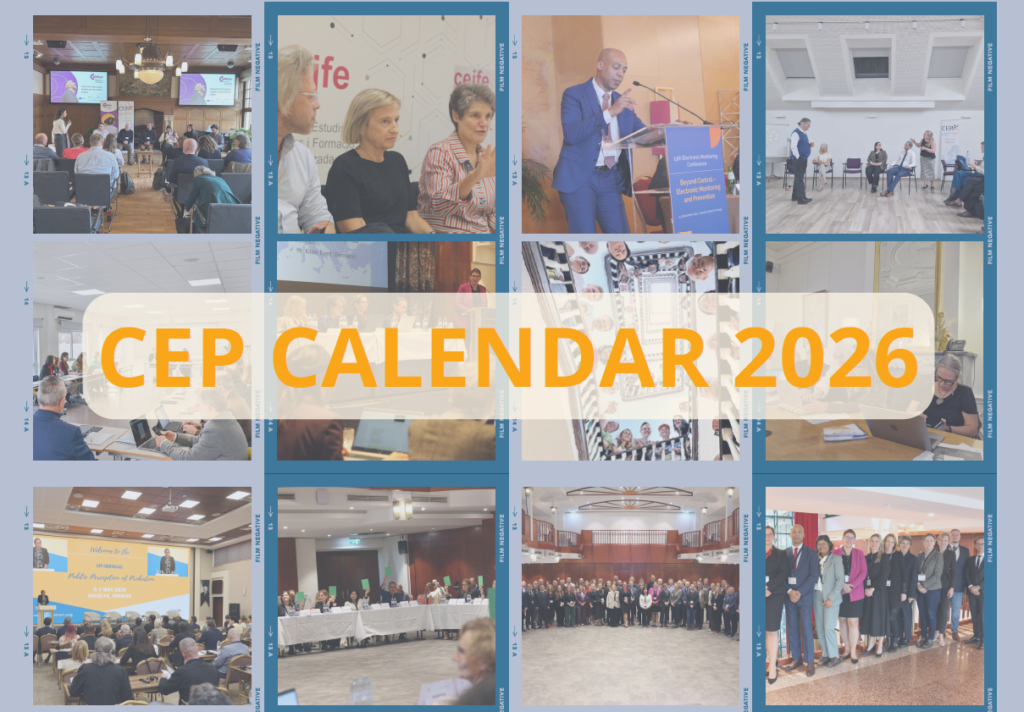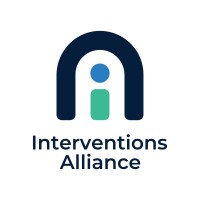Previous Article
News
The Probation Institute: support for professionals in probation and community justice
The Probation Institute was launched in the spring of this year as a new professional membership body, supporting practitioners across the UK probation and community justice sector. Ben Ritchie and Catherine Sinclair Jones look at the Probation Institute’s aims, progress made to date, and how European colleagues can get involved.
When we think of a profession, what key characteristics can we identify? Those within a profession may share common values and ethics, as well as a common body of knowledge underpinning practice and standards. A mature profession accumulates evidence on effective practice over time, and passes this knowledge on from one generation of professionals to the next.
Probation has a rich history and can be proud of its development from being a voluntary service, to supporting the work of the courts, to the more sophisticated probation organisations you see today. Last year’s World Congress on Probation, showcased emerging probation services and practice across the globe. We also can identify a common purpose held among the profession: one of giving people who have committed past wrongs a genuine chance to change.
And yet, there are challenges for probation as a profession too. In comparison to other professions, probation arguably is less recognised among the public and those leaving school to start professional careers. In England and Wales, it is also the case that the probation sector is currently undergoing an unprecedented level of service delivery change, as the Government implements its Transforming Rehabilitation reform programme. This is likely to lead to a diversification of skills and functions in the future. Already we can see new roles within the community justice and probation sphere emerge – for example peer mentoring or electronic monitoring.
Evaluating and evidencing the effectiveness of probation and community justice work also remains a challenge for the profession. Community justice has a long way to go before it reaches the maturity of professional evidencing and evaluation of practice seen for example in surgery or medicine.
It is also true that, up until this point, probation has never had a professional institute. For other sectors, professional institutes provide stronger networks, identity and prestige for their respective professions. They are often involved in supporting professional development, service quality and an understanding of what in their field makes for effective practice.
The Probation Institute is aiming to help overcome some of these challenges and build upon the strengths of our profession.
What will the Probation Institute’s defining features be?
Independence: the Probation Institute is not a Government agency, nor is it a trade union, or host to any particular organisation or defined interest within the probation sector. Instead the Probation Institute will be a member led professional body, whose prime interest is to enhance the status, knowledge and development of the profession as a whole.
Inclusivity: Probation Institute membership will be drawn from across the probation and community justice sector. Our membership is open to individuals from the wide range of organisations and stakeholders in the field, and also those who work in cross-sector agencies which help deliver rehabilitation services such as in health, employment or housing, or other parts of the justice system such as prisons.
We welcome membership from all those with an interest in probation: probation workers, treatment officers, programme facilitators, case administrators, managers, victim support and liaison services, corporate services, volunteers, trainees and students.
Identity and values: We see members of the Probation Institute as forming a community of professionals who share common values, ethos and are motivated by a commitment to the rehabilitation of offenders. The Institute has recently published a Code of Ethics to underpin membership and an ethical approach to our work.
What next for the Institute?
Professional Development: A key feature of the Probation Institute will be the support of continuous professional development of our members, and wider quality standards for the profession as a whole.
We’re developing a series of events for our members to support this work over the next few months. We certainly would welcome international participation at our events, both in attendance and leading sessions showcasing excellence in practice across jurisdictions.
Following this, we aim to develop a professional register of practitioners, a key feature of most professional institutes. Members who decide to enter the Probation Institute’s register will have their skills, qualifications and experiences accredited against recognised professional standards acknowledged by the Institute and informed by the knowledge base. This in turn should assist practitioners with their professional development and employability, as a way to evidence the standards of their skills and experience through external validation.
We anticipate that our register will go live in spring 2015.
Centre of Excellence: the Probation Institute is aiming to develop as a credible and recognised Centre of Excellence for Probation, connecting practitioners directly with the research community and universities.
We aim to facilitate this through:
- Dissemination of landmark research, and commissioning evidence overviews which draw together research and evaluations on particular topics
- Cross-sectoral and multi-disciplinary analysis: we recognise that effective probation requires partnership across many different areas and sectors – health, family, working with police etc. The Institute can bring value and a wider encompassing perspective here.
- Practitioner involvement in evaluation: the Probation Institute will be giving practitioners the platform to present their work, and support opportunities for practitioners to undertake research sabbaticals.
Engagement & Outreach
We are proud of what the Institute has achieved over the past 6 months, with a fast growing membership base of now over 800 and a published Code of Ethics. While our primary focus is on the service in England & Wales, we are keen to involve our probation colleagues from across Europe in our developing work. Our magazine, Probation Quarterly, showcases research and good practice both nationally and internationally, along with interviews with leading criminal justice personalities. We have recently published our Autumn issue (available to all our members) and our Summer Issue. We’re always delighted to hear about probation projects, and if you know of any research or work that you would like to see highlighted in our magazine please do get in touch at catherine@probation-institute.org
We are pleased already to count international practitioners amongst our founder members, and would encourage and welcome more international applications for membership!
To find out more information on the benefits of membership and how to join, please visit our website: www.probation-institute.org

Related News
Keep up to date with the latest developments, stories, and updates on probation from across Europe and beyond. Find relevant news and insights shaping the field today.
New

Uncategorized
CEP at the EMPRO Symposium hosted by ERA
04/02/2026
CEP actively contributed to the EMPRO Knowledge Exchange Symposium hosted by the Academy of European Law (ERA) in Trier on 28–29 January, bringing together practitioners, policymakers, and researchers to reflect on the implementation of EU Framework Decisions in probation and supervision.
New

Alternatives to pre-trial detention, Community Sanctions and Measures, Framework Decisions, Technology
Future of Criminal Justice: CEP’s Contribution to Key 2025 Dialogues
27/01/2026
Throughout 2025, CEP and its representatives actively participated in the online Technical meetings ahead of the HLF as well as the High Level Forum on Future of Criminal Justice taking place on 4-5 March 2025, 20-21 May 2025 and 1-2 October 2025 in Brussels, Belgium.
Recap

Alternatives to pre-trial detention
Recap: Webinar on Alternatives to Detention 2026
26/01/2026
On Thursday 22 January, CEP hosted the first webinar of 2025 on the topic of Alternatives to Detention. The session led by Ms. Marina Pajoni from the French Prison and Probation Service titled „Problem Solving Justice in Pracitce: The Meuse Probation Service´s Approach to Drug Addiction“ introduced an innovative programme developed by the Meuse Probation Service in close cooperation with the French Ministry of Justice.
New

Education and Training
CEP launches an interactive European map of probation education and training institution contacts
22/01/2026
The CEP is pleased to inform its members that a new dedicated section has been developed on the CEP website featuring an interactive map of Europe.
New

CEP Events
CEP activity calendar 2026
20/01/2026
As we begin the new year, we would like to thank all CEP members, partners, and participants for your continued engagement and valuable contributions. Your involvement plays an essential role in shaping CEP’s work and activities.
We are pleased to share the CEP calendar for 2026, which provides an overview of the events planned for the year ahead. We look forward to continuing our collaboration and welcoming you to upcoming CEP activities throughout the year.
Thank you for being part of the CEP community.
New

CEP members, Gender-based violence
Interventions Alliance’s Eden House Recognized as Outstanding
15/01/2026
CEP is delighted to share that Eden House, an Interventions Alliance residential service for women with high-risk or complex needs on probation, has been rated “Outstanding” overall by HM Inspectorate of Probation. In 2022, Eden House was honored with the CEP Public Protection Award. Our sincere congratulations to the team for this remarkable achievement.
Subscribe to our bi-monthly email newsletter!
"*" indicates required fields
- Keep up to date with important probation developments and insights.

